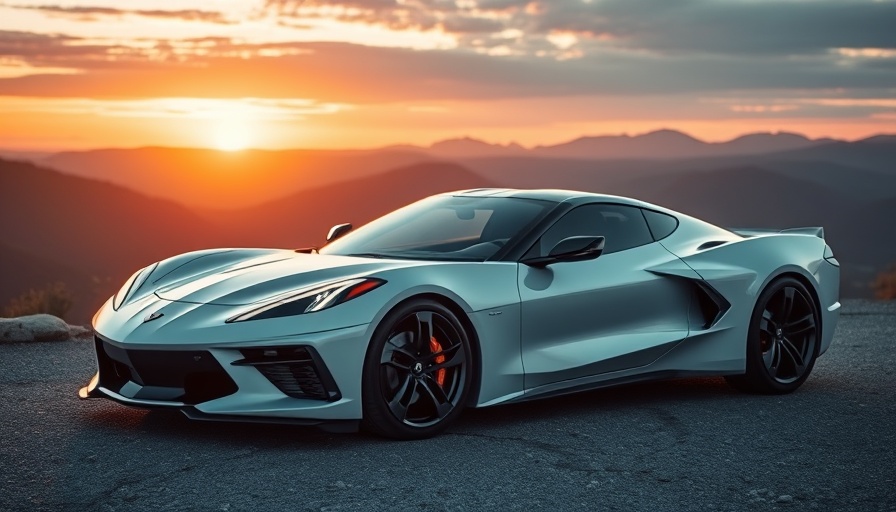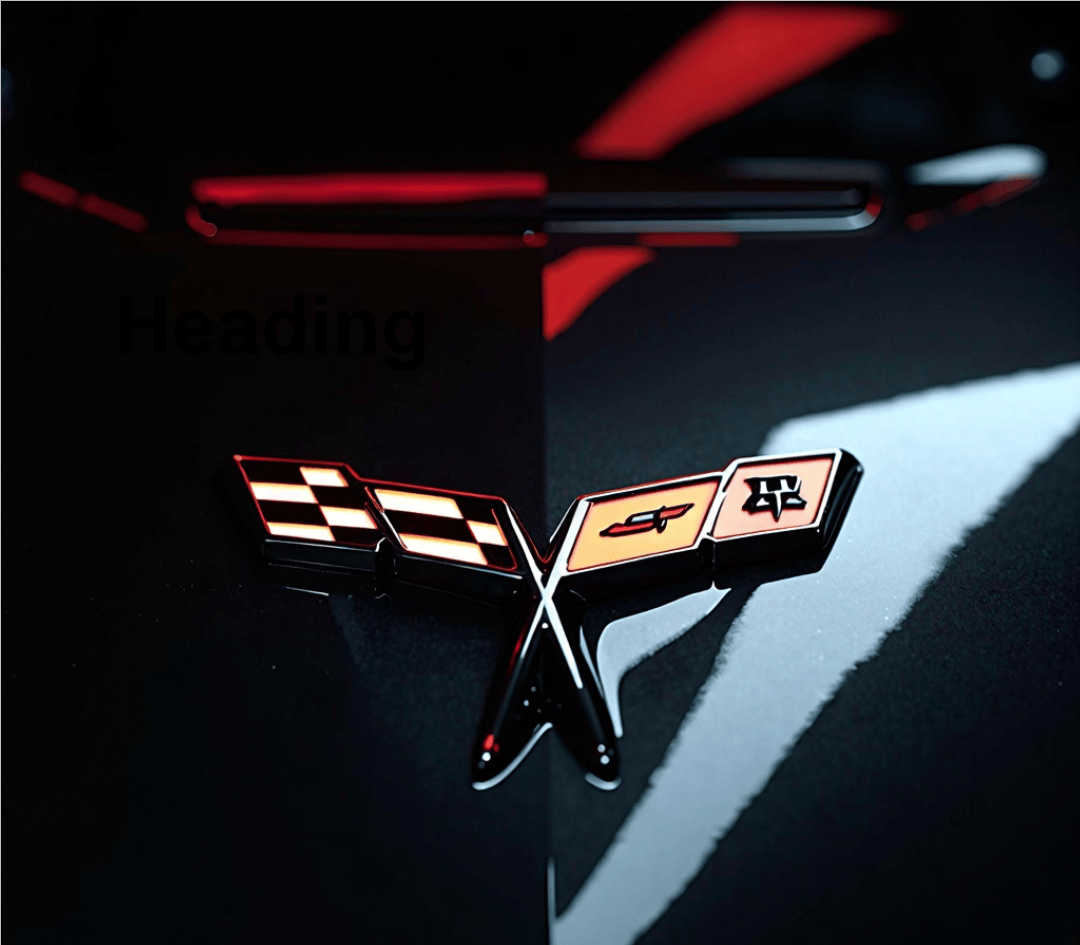
The Shift Toward Electric Sports Cars: What Does It Mean?
The automotive realm is undergoing a significant transformation as electric vehicles (EVs) make waves across various sectors. For years, manufacturers preached about a greener future, highlighting the cost-saving benefits and perceived environmental advantages of EV technology. Yet, the consumer response has been lukewarm at best, particularly regarding high-performance vehicles. As General Motors (GM) unveiled its stunning Corvette EV concept, the timing sheds light on a growing divide in the industry.
Historical Context: The Rise of Electric Vehicles
For the last decade, the push for EVs has been backed by governmental incentives and an emerging societal trend advocating for more sustainable options. This shift was fueled by companies eager to claim a piece of the lucrative carbon credit market—a domain where Tesla led the charge with impressive revenue figures. Yet as economic reality set in, many manufacturers found themselves facing an uphill battle, with consumer interest in performance vehicles not aligning with the silent nature of electric powertrains.
Consumer Sentiment: A Return to Roots
True car enthusiasts thrive on the experience of a roaring engine and the tactile sensation of control—a feeling that electric motors simply do not replicate. Current attitudes toward electric performance cars are highlighted in the lukewarm reception of the electric Dodge Charger and the recent decision by Rimac to pivot away from a purely electric future. Even giants like Maserati have reconsidered their commitment to electrification, citing poor sales and consumer demand as paramount concerns.
General Motors: A Bold Step Forward or a Last-Ditch Effort?
With this backdrop, GM’s striking EV Corvette concept may represent both an innovative leap forward and a potential gamble. While the design showcases cutting-edge technology and aesthetics, questions loom over whether this is more than just a styling exercise meant to drum up enthusiasm amidst a critical juncture for performance cars. The automotive industry has invested over $35 billion into EV initiatives, and some speculate that the push for an all-electric Corvette could be GM's way of reigniting interest in their brand.
Future Insights: The Road Ahead for Performance Vehicles
The trajectory of the automotive industry remains uncertain. As brands like GM explore electrification, they must also balance the rich legacy of performance with consumer expectations. If the American muscle car market fears a shift toward silent engines, can the Corvette maintain its performance persona in an electric future? Enthusiasts may hope so, as the essence of driving is often tied to feeling the vehicle’s power. To ensure a successful transition, manufacturers will need to innovate while also listening closely to shifting consumer sentiments.
Conclusion: What’s Next for the Corvette and Electric Sports Cars?
As we look to the immediate future, the release of GM's Corvette EV concept poses questions that resonate deeply within the automotive landscape. Will this moment be remembered as a transformative leap into an electric future or a cautionary tale of a misunderstood shift? For the dedicated fan base of American muscle, the core tenets of power and excitement must remain intact. The road ahead will demand that companies not only innovate with technology but also pave paths that resonate with the passionate driving community.
As car enthusiasts, it's crucial to stay informed about these developments in the automotive industry. Engage with fellow enthusiasts and share your thoughts on the future of performance cars by joining local Corvette clubs or forums.
 Add Row
Add Row  Add
Add 




 Add Row
Add Row  Add
Add 

Write A Comment